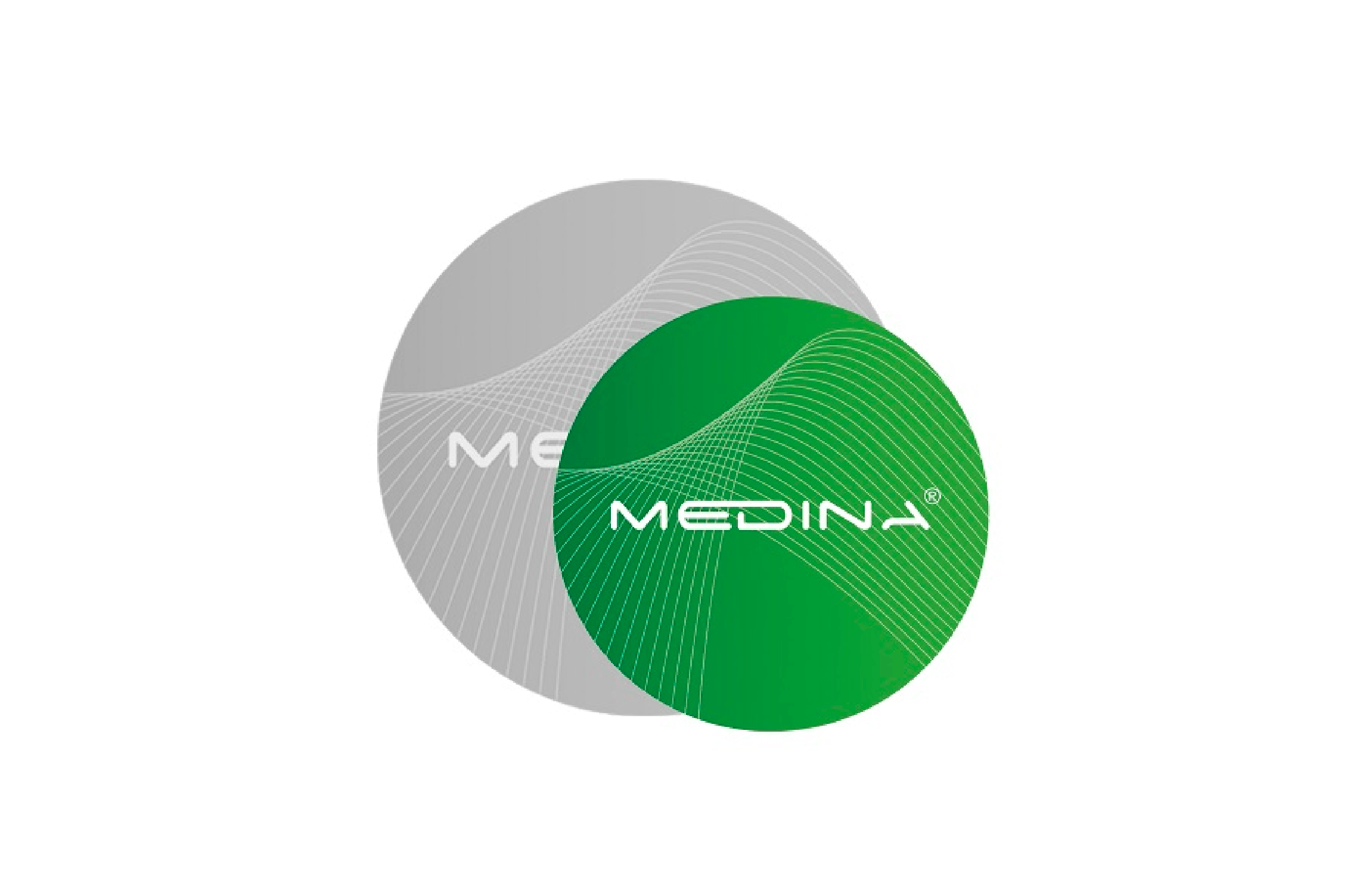The Príncipe Felipe Research Center Foundation (CIPF) is a biomedical research institution whose staff and collaborators strive every day to achieve valuable medical advances that will benefit everyone’s health. Most of its work focuses on some of the most common and important diseases in today’s society—illnesses that still urgently require new scientific insights and expanded treatment options: cancer, neurodegenerative diseases, metabolic diseases such as diabetes, and rare diseases.
The institution currently carries out its main scientific activity within the framework of four scientific programs, managed through eighteen research groups organized in four different areas. The objective of the Advanced Therapies program is to develop new diagnostic and therapeutic strategies to tackle pathologies with a high socio-economic impact on health (e.g., neoplastic processes, spinal injuries, osteoarticular lesions, neurodegenerative diseases, inflammatory processes, cardiomyopathies, etc.) by applying and combining both cellular therapy and pharmacological approaches, including high-throughput systems and nanomedicine.
Within the Advanced Therapies Area one could encounter the CIPF Screening Platform Service, which was created to support the evaluation of biological and pharmacological compound libraries—whether in-house at the CIPF or from external entities. This service accounts with two chemical compound libraries (Myriad and Prestwick), which combined, contain more than 11,000 compounds as well as have access to the 100K EU-OPenscreen chemical library as an accredited specialized ERIC EU-OS Screening Site since 2018.
The Screening Platform Service’s outstanding achievement is the generation and maintenance of compound collections with such high chemodiversity. One of the main goals is to obtain, identify, and characterize novel bioactive agents that modulate protein–protein and/or protein–RNA interactions. Understanding these key elements may, for instance, promote the development of proliferation and differentiation assays that use adult or embryonic stem cells to target human pathologies.The availability of the different compound libraries allows experiments to be scaled up for massive high-throughput screening (HTS) assays so that the compounds with the highest activity against therapeutic targets of interest can be selected. Once compounds of interest are identified, the service helps researchers to develop them further, according to the specific research goals. For example, by creating Targeted Drug delivery systems (nanomedicines, polymer conjugates) that will improve the solubility of the active compound or increase its half-life in the bloodstream so that its bioaccumulation in tumors or inflammatory sites will be higher, etc. The service can automate the direct capture of results from reading systems and is able to perform data processing in high-density sample testing, including high content screening (cell painting assays). It is also available a translatable approach to the screening of exosome biogenesis/release inhibitors that avoids the requirement for time-consuming techniques, improves the identification of exosome modulators with specific molecular mechanism, and facilitates translation to clinical practice and routine laboratory use.






